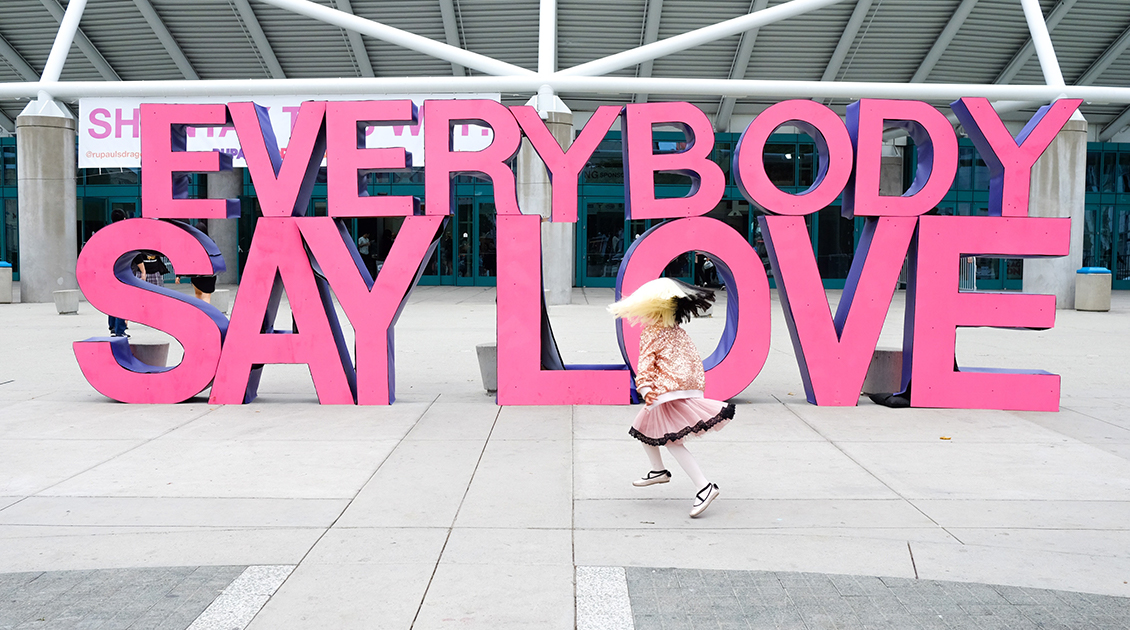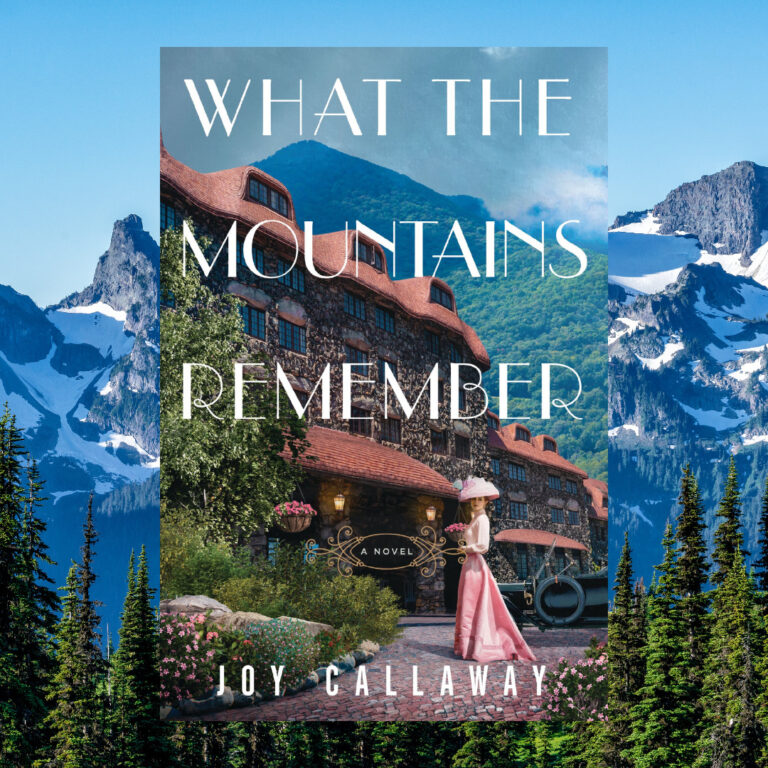The online romance community is truly a blessing, but as with everything in life, it has its downsides. Namely, the constant, circular arguments about the definition of genre romance. The lukewarm topic of the month, every goddamn month, is this: Does romance require a happy ever after?
The answer, obviously, is yes. This is not a matter of opinion; it’s a generic requirement. But no matter how often the so-called ‘debate’ reoccurs, we go to battle as if it’s the very first time, all kitted out like extras in Xena: Warrior Princess—which, while rather cool and extremely sexy, is also unnecessarily exhausting.
You all know what I’m talking about; it kicks off regular as clockwork. Some bright spark will purposefully conflate love stories —Tristan and Isolde, The Notebook, The Sookie Stackhouse Mysteries — with romance. We, the genre’s faithful chosen, will hurry to correct them. “No, no,” we will say. “You are mistaken! A story with a central romantic relationship (or four) is not necessarily a romance, because a romance also requires a happy ever after!”
At which point, the dinklebat we’re wasting energy on educating will adjust their incorrect glasses upon their incorrect nose, and say, incorrectly, “I disagree. I think any love story, regardless of HEA, is a romance. A HEA is not necessary to the romance genre.”
And at those last damning words, the warriors of Romancelandia will charge. The battle begins!
We all bear the scars of bashing our heads against some smug donkey’s brick wall of an ‘argument’. Like when the film adaptation of Me Before You came out, and we had to explain 500 times a day that, actually, IF THE LOVE STORY ENDS WITH THE DISABLED HERO DYING SO THE HEROINE CAN LIVE HAPPILY EVER AFTER WITHOUT HIM, THAT’S NOT A BLOODY ROMANCE AND IT’S ALSO RATHER AWFUL!
Ahem. Sorry. I’m quite passionate about that one.
In fact, that’s the issue: We’re all passionate when it comes to romance. The genre inspires passion, and that is not a sex joke. (But now it is. But also, it’s not. I’m deadly serious. Pay attention.) We love romance, so we desperately want it to be understood. That’s valid… but arguing with the HEA-thieves is not the path to our ultimate goal. I promise you, it’s not. It’s a pitfall. It’s quicksand!
Why? Because the argument doesn’t arise from genuine confusion or misinformation. It arises from misogyny.
In spite of our ongoing issues with inclusive representation, I see romance in its ideal form as a genre for all. There are many romance readers who aren’t women. There are also many romance novels that don’t star women. But the fact remains that romance will always be considered a ‘womanly’ genre, because:
- It focuses on “eeeeew, girly stuff” like emotions, communication, and happiness.
- It has birthed countless successful women authors (oh no!) and…
- It is responsible for most media depictions of women engaging in healthy emotional and sexual relationships.
Romance prioritizes supposedly feminine narratives and frequently empowers women. Which is why the patriarchy hates romance.
Patriarchy does not want women to be adored or respected; patriarchy does not want women to be successful or powerful; patriarchy does not want anyone to get the wild idea that feelings and kindness and love are important subjects. Also, patriarchy doesn’t want anyone who isn’t a cishetero dudebro to have fun, because it is a miserable beast. This is why the patriarchy hates genre romance and adores literary love stories.
The unhappy-ever-afters of most love stories typically undermine the very messages that genre romance promotes. Take, for example, The Great Gatsby. It’s a cracking book, plus extremely successful and well-respected. Is it about a central love story? Hell yes! Is it romantic? Oh, I think so. Gatsby lets strangers trash his gorgeous house every night on the off-chance that Daisy will show up. He literally devotes his life to being good enough for her. There are many, many romantic elements.
Now, is it a romance? No. Nope, nope, nope. It doesn’t have a HEA — in fact, it has a horrible ending that actively reinforces unfair societal norms. That’s right; this love story’s unhappy ending is, in a word, oppressive. Am I doing the most? Always, but I’m also totally right. Consider:
- The evil and trashy Other Woman, who gets above her station, is neatly killed off by the Classy Broad. The drama! The… misogynistic and classist tropes… oh joy…
- Another commoner who rises above his station, poor Gatsby, is similarly put in his place. With murder. Seeing a pattern?
- The suffering of every vaguely marginalized character is, in the end, nothing but a life lesson for the well-bred white man who observes it all. Ah. Right. Okay then.
Do you see what I’m saying?
This isn’t a blanket judgment of all love stories, by the way; it’s just a quick examination of the low-key politically significant elements that literary snobs romanticize. Well, screw romanticizing pain. I want actual romance, and there’s nothing wrong with that.
But the people who conflate genre romance with love stories? The people who deny that romance requires a HEA? I think they want romance too—only, they believe there is something wrong with that.
When someone says “Romance doesn’t require a HEA!” I don’t hear: “Help me, I’m confused”. I hear: “I enjoy romance, but I don’t want to face the misogyny that romance-lovers face,” or: “I enjoy romance, but I struggle with internalized misogyny that says I shouldn’t.” To me, these people are trying to twist the meaning of ‘romance’ so our genre can fit alongside more respected forms of writing.
And that pisses me off. Because guess what? Some forms of respect just aren’t worth it. I don’t want the respect of, say, the racist guy on my street who mutters rude comments when I walk by. Because his respect, to me, is worth as much as a steaming blob of cow shit. If he respected me, I would be concerned. I would have to examine my character. In fact, I believe I’d be offended.
Similarly, I don’t want the respect of anyone who can’t respect romance. Because they’re often misogynistic, usually ignorant, and frequently snobs. Their respect means nothing. Romance is above their respect. It’s about love, connection, caring, and hope. It’s about strength and power, about difference and kindness, and most of all, about everyone’s right to live happily ever after. It’s a trailblazing genre that constantly shakes the table. Anyone who tries to undermine that in a desperate grab for societal standing can go and debate their mother, because they certainly ain’t debating me.
In short, I won’t be taking part in the HEA argument again, because I don’t think it’s a worthy argument. Romance is what it is. And I am not ashamed of that.
Hands off my happy-ever-afters, punk. You’ll never keep us down.












